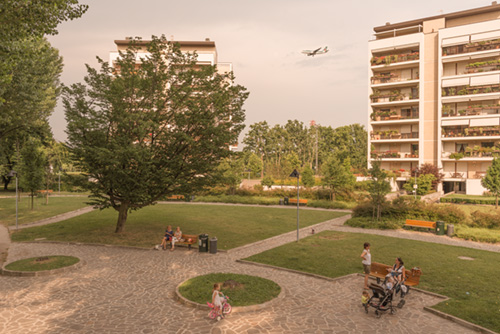
Abitare San Donato
In San Donato, as elsewhere, the continuity of collective space is an interructed project.
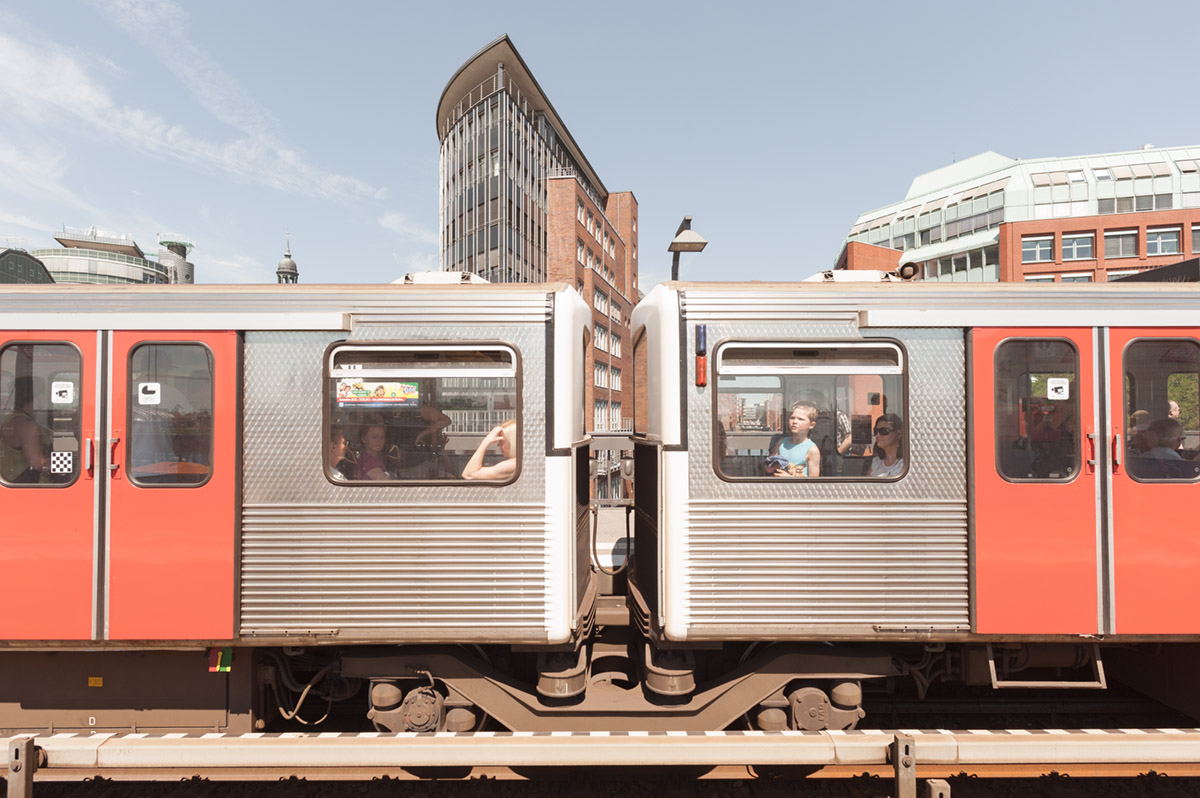
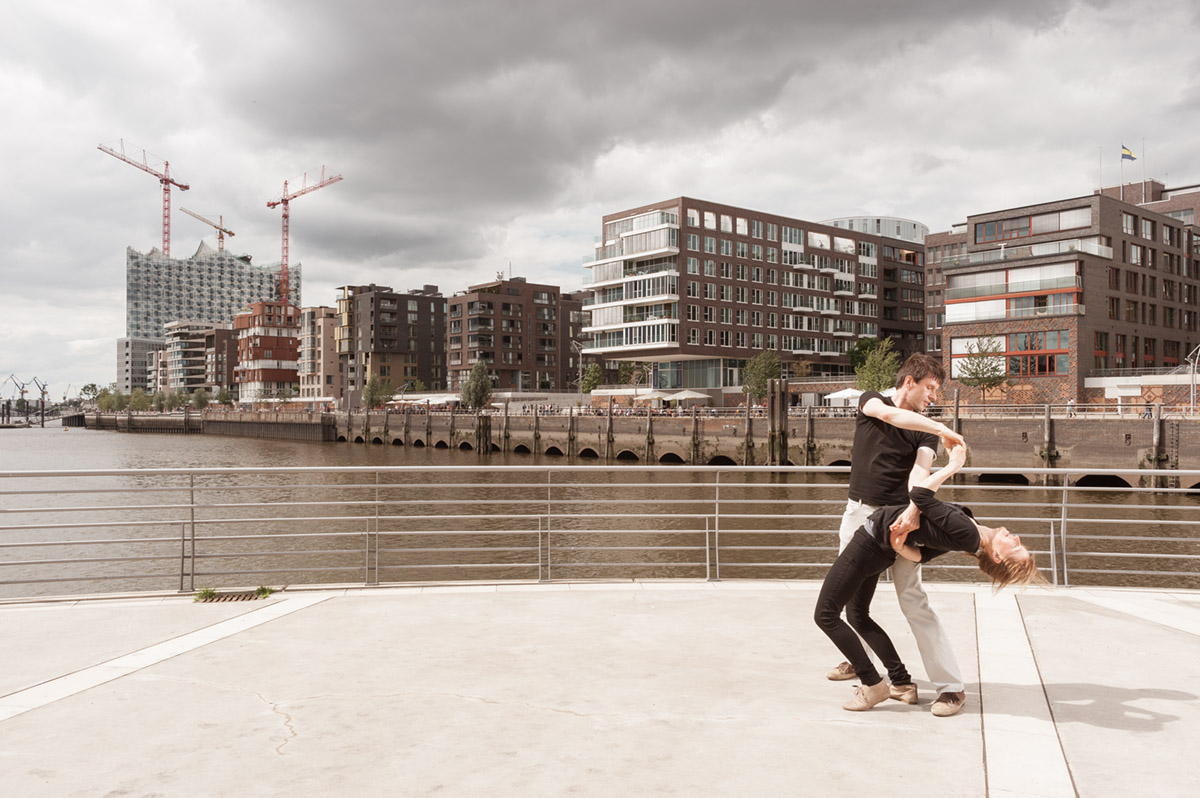
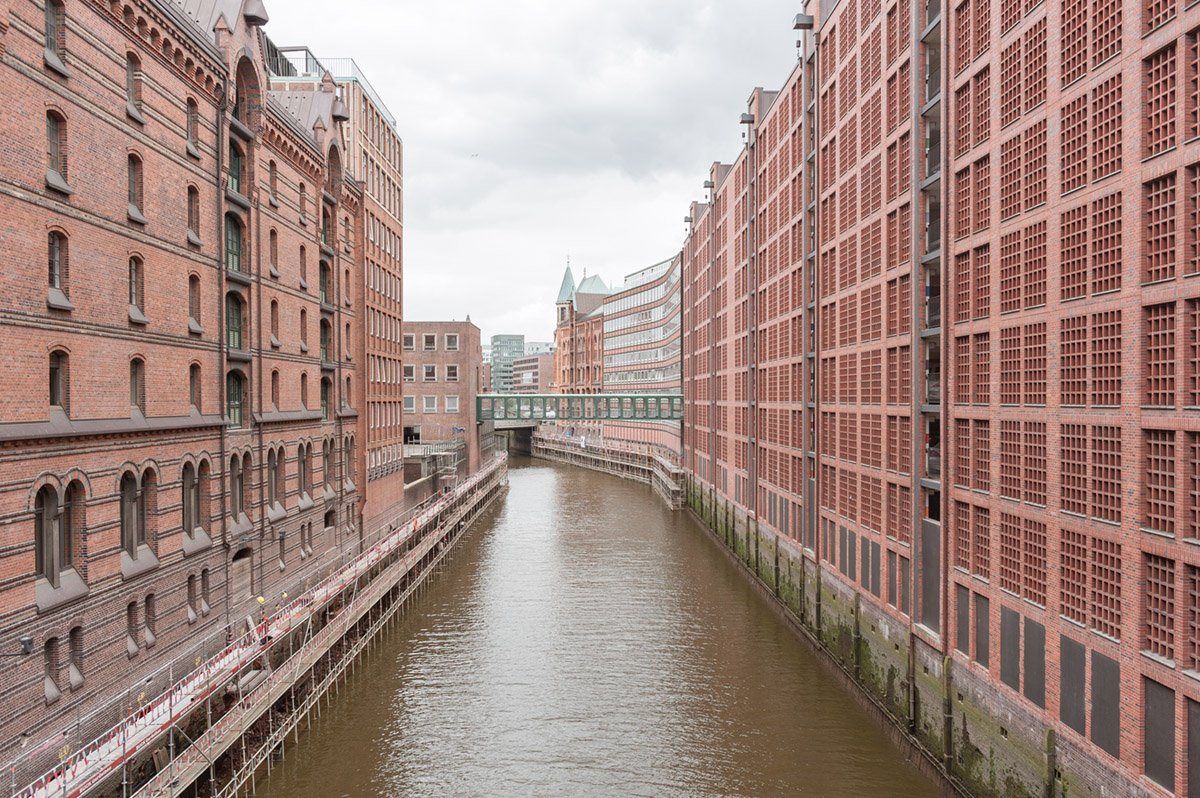
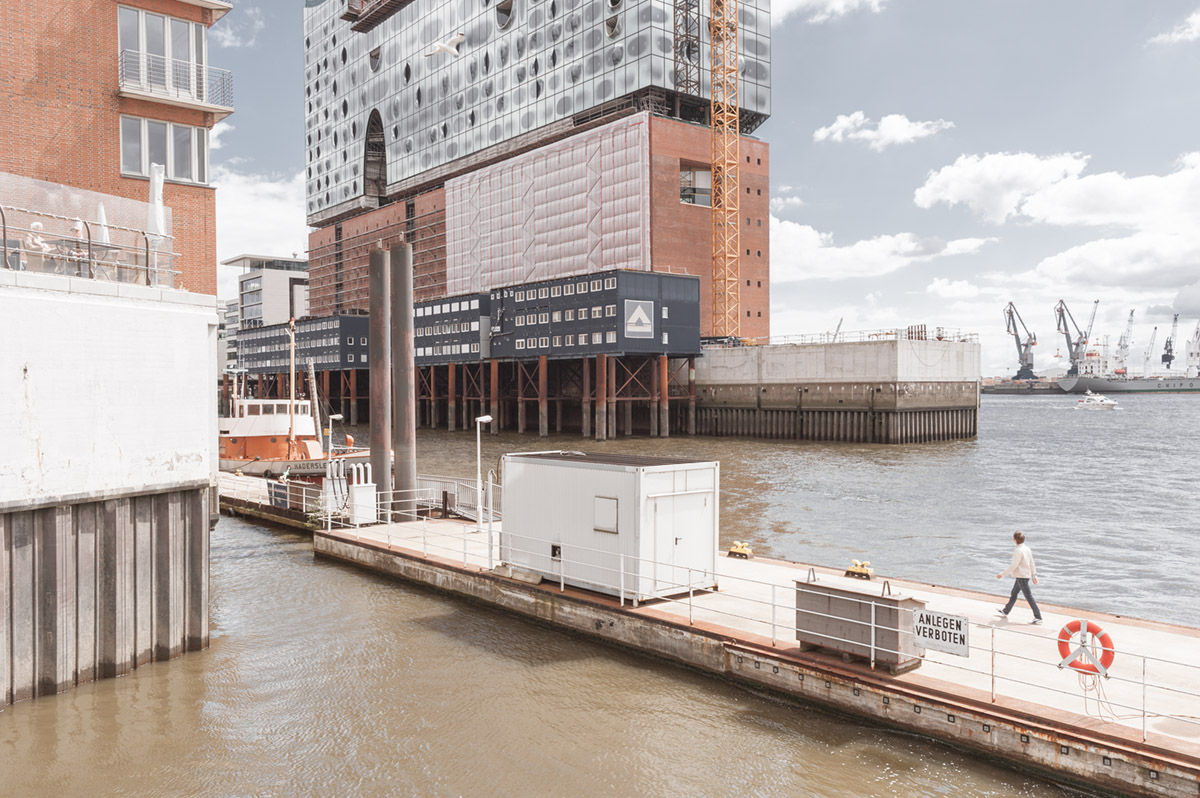
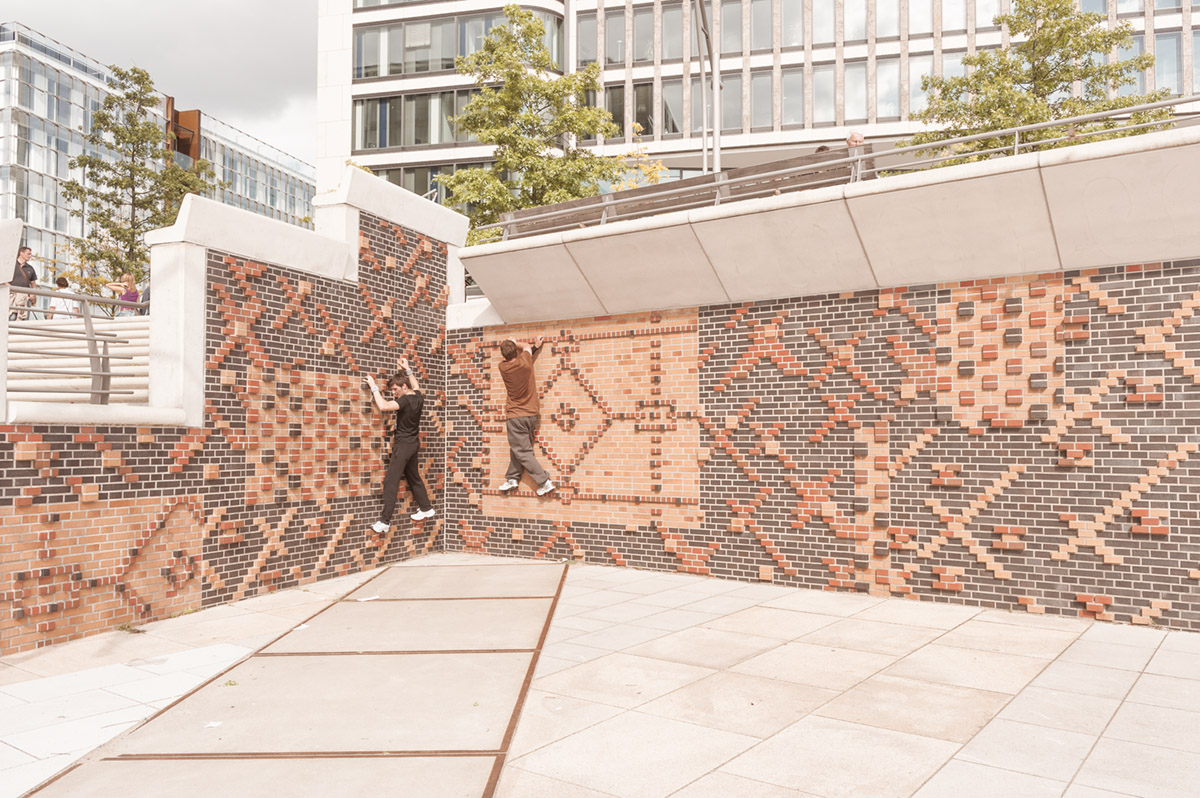
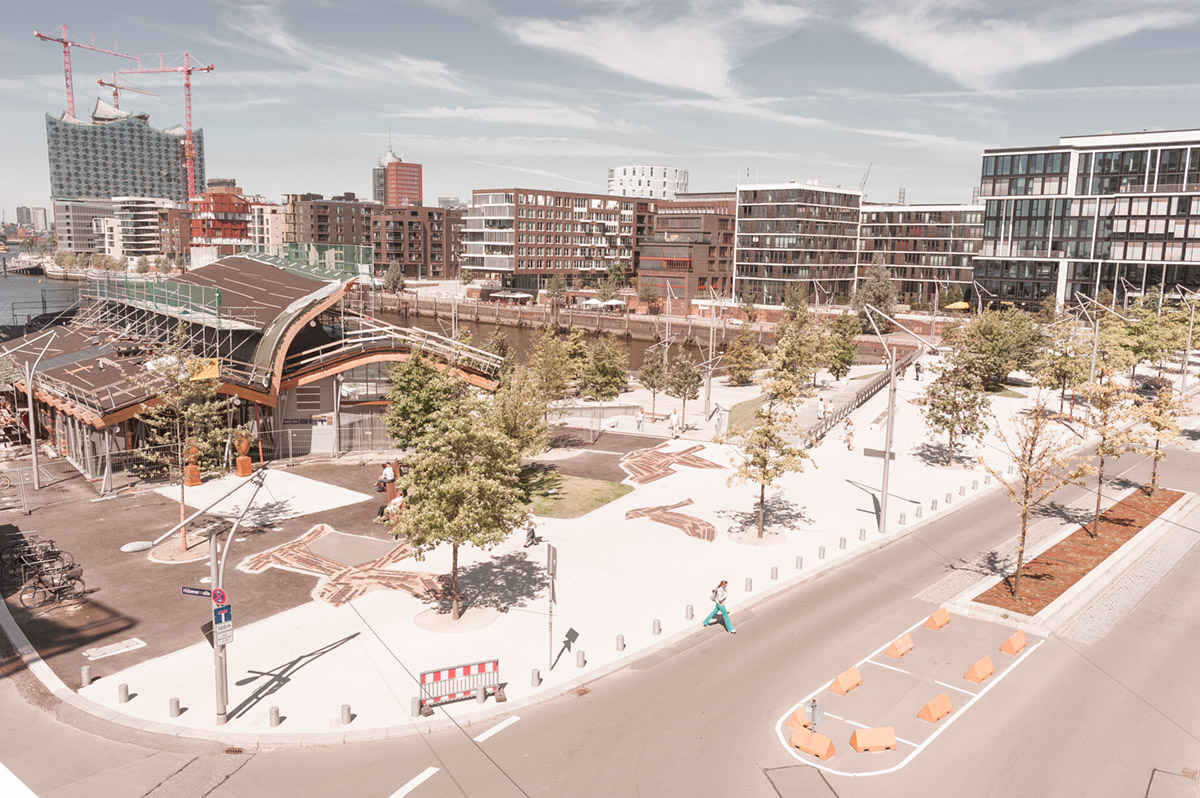
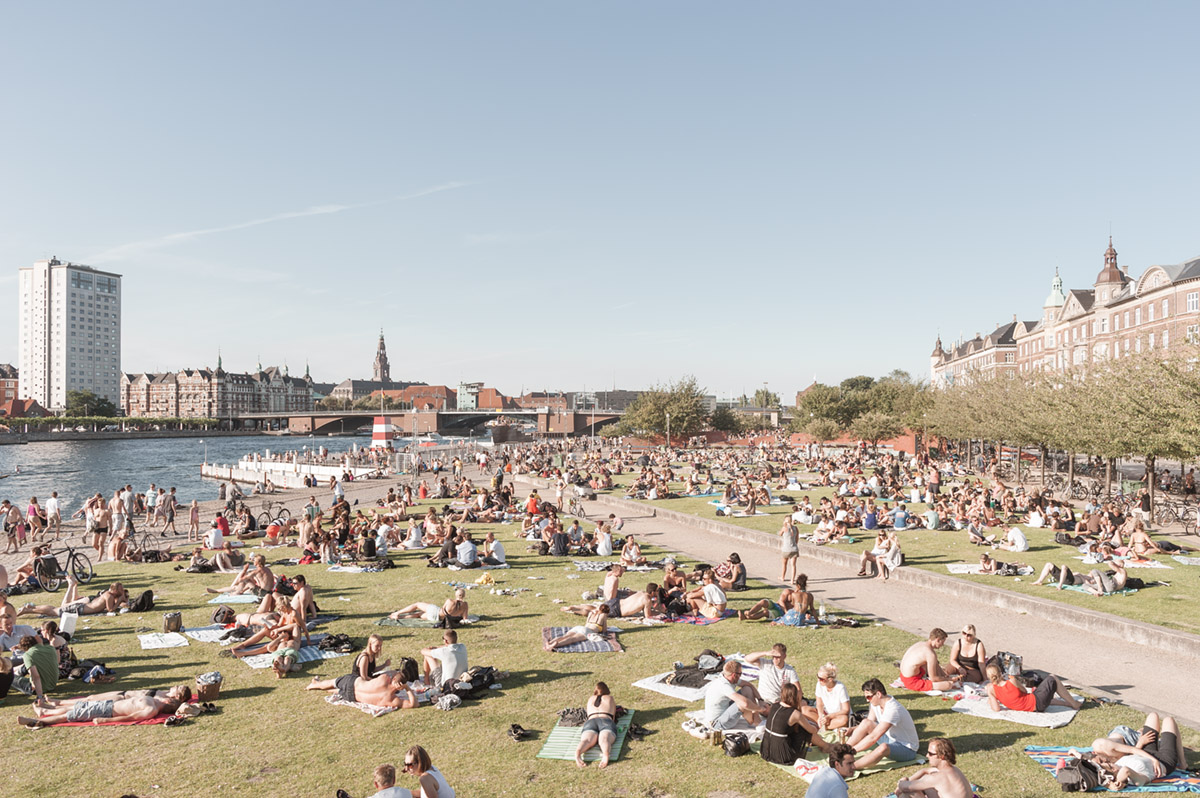
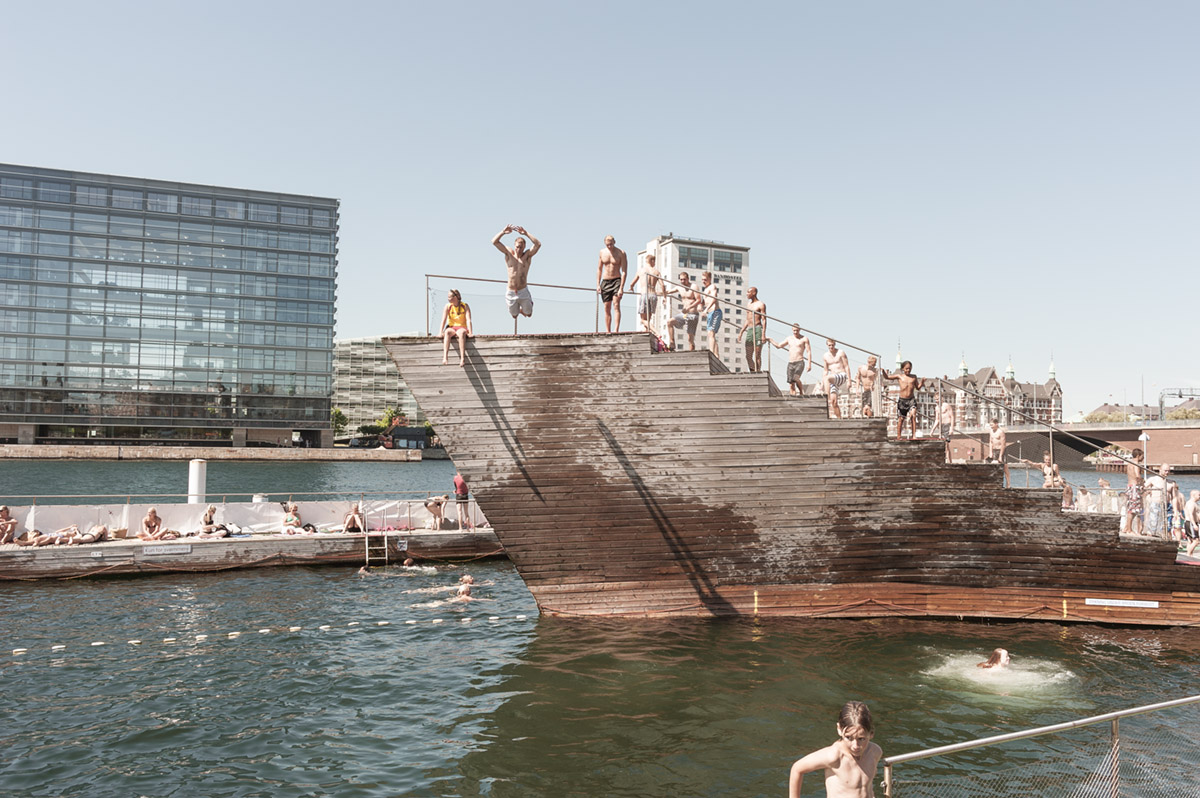
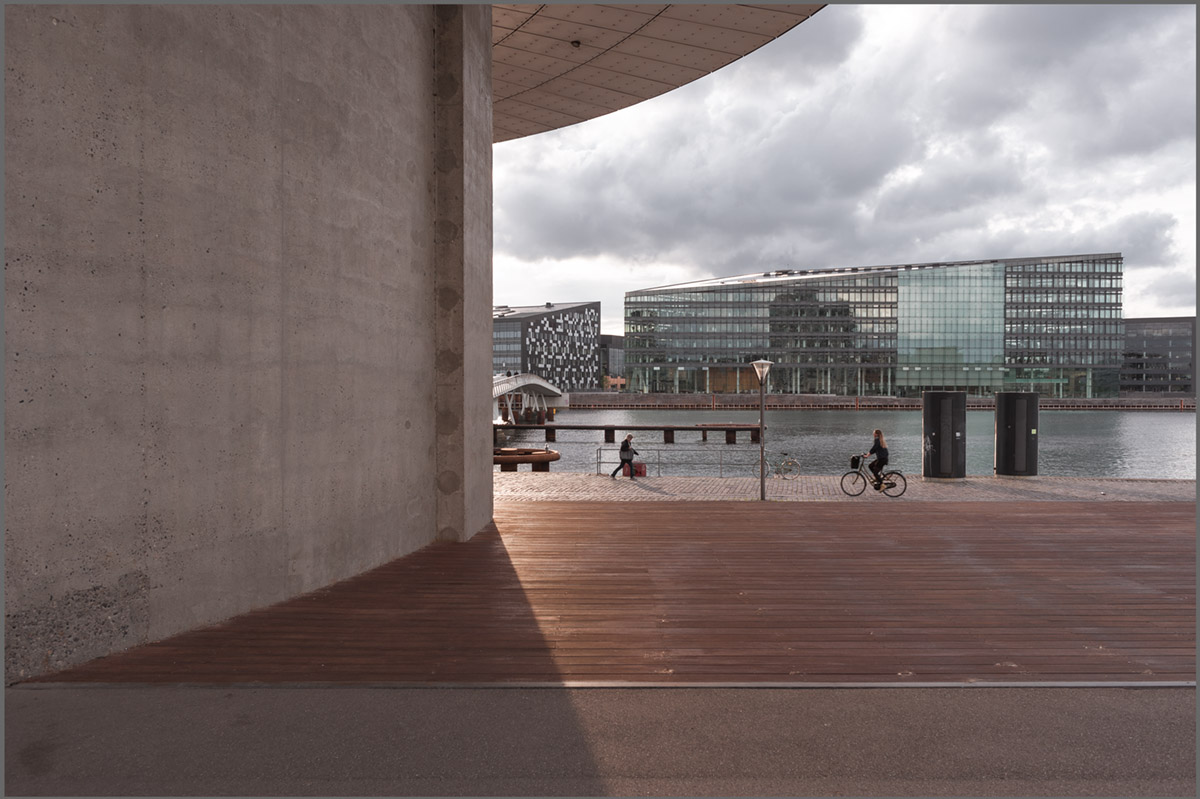
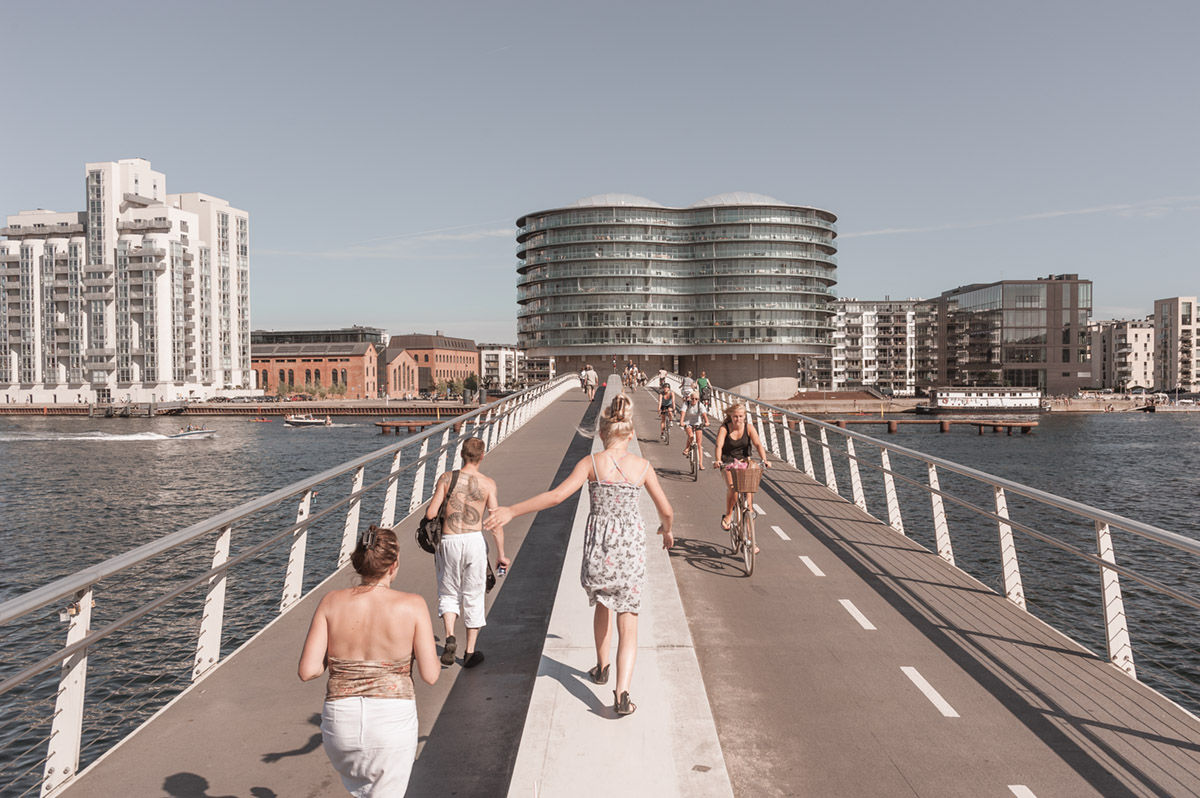
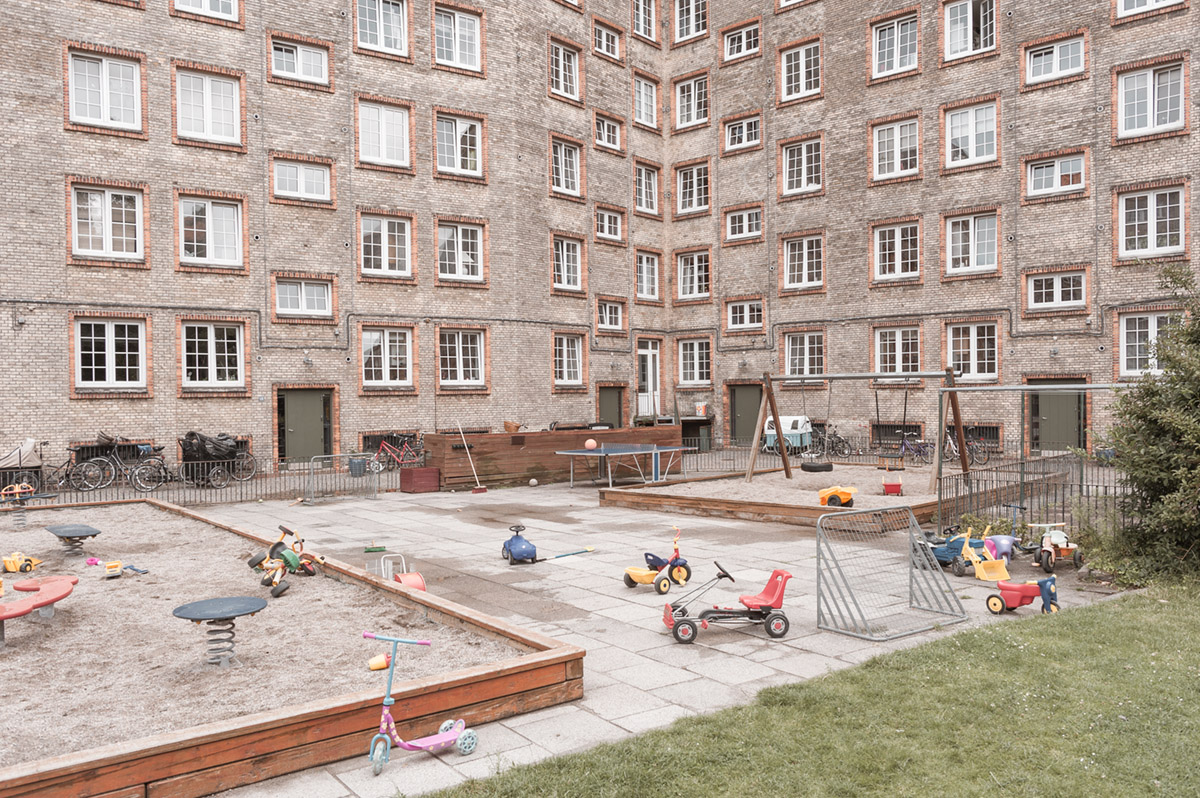
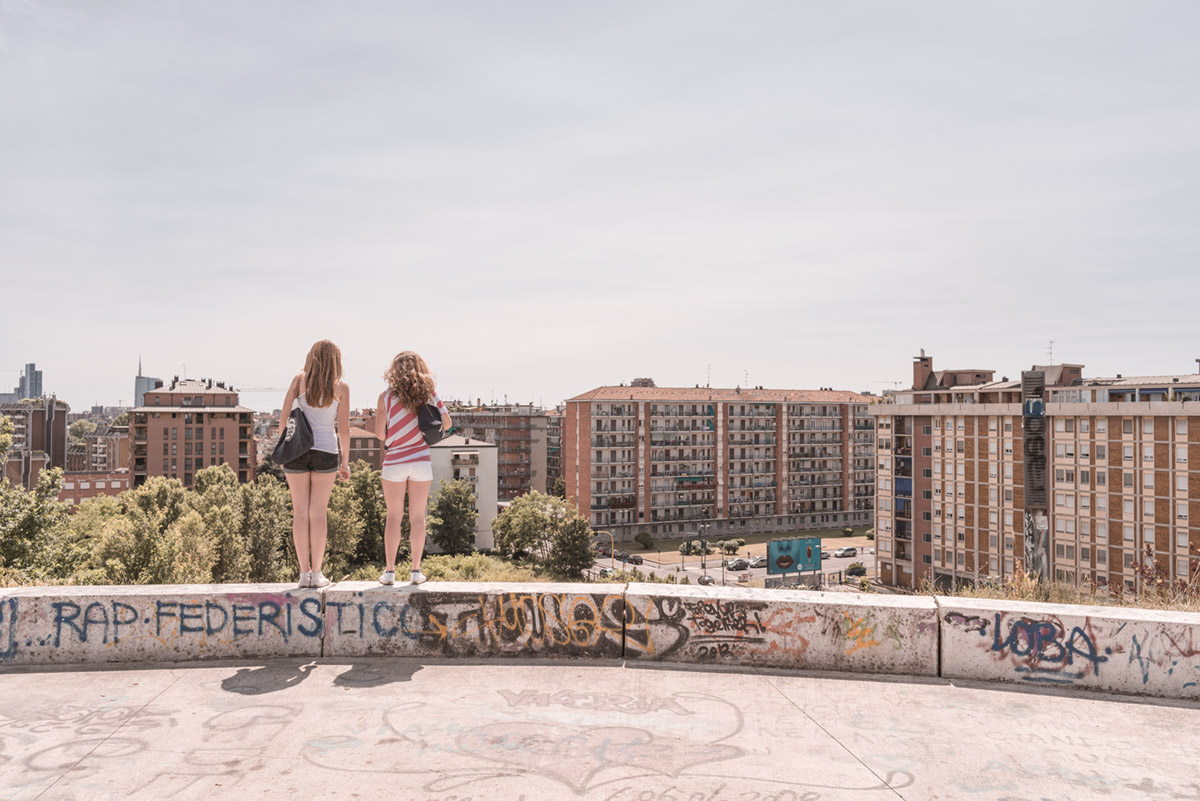

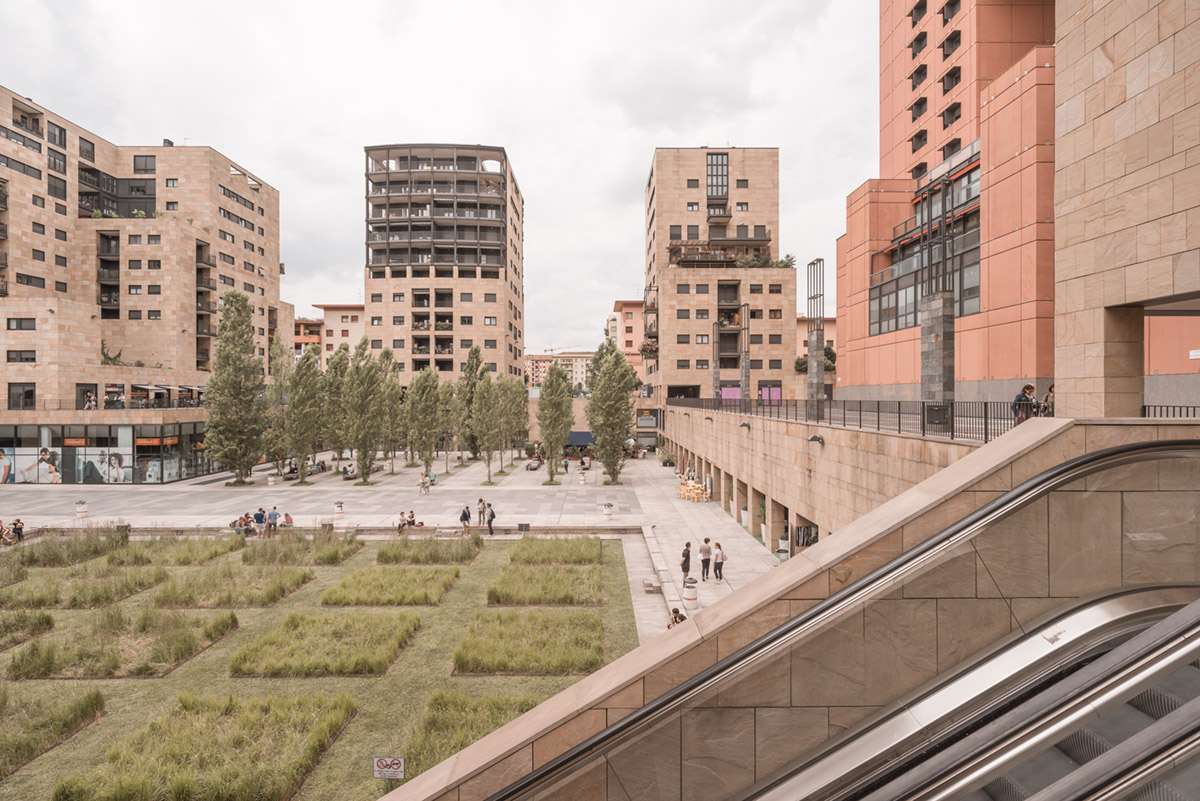
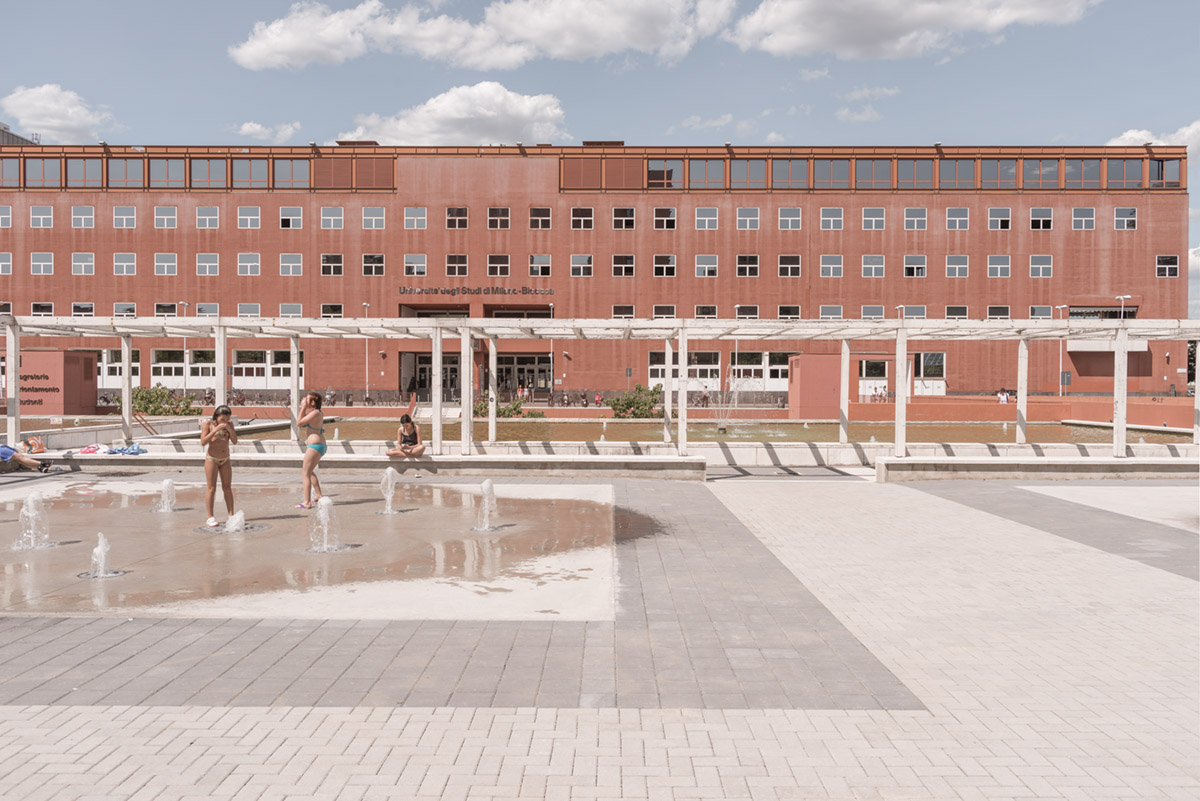
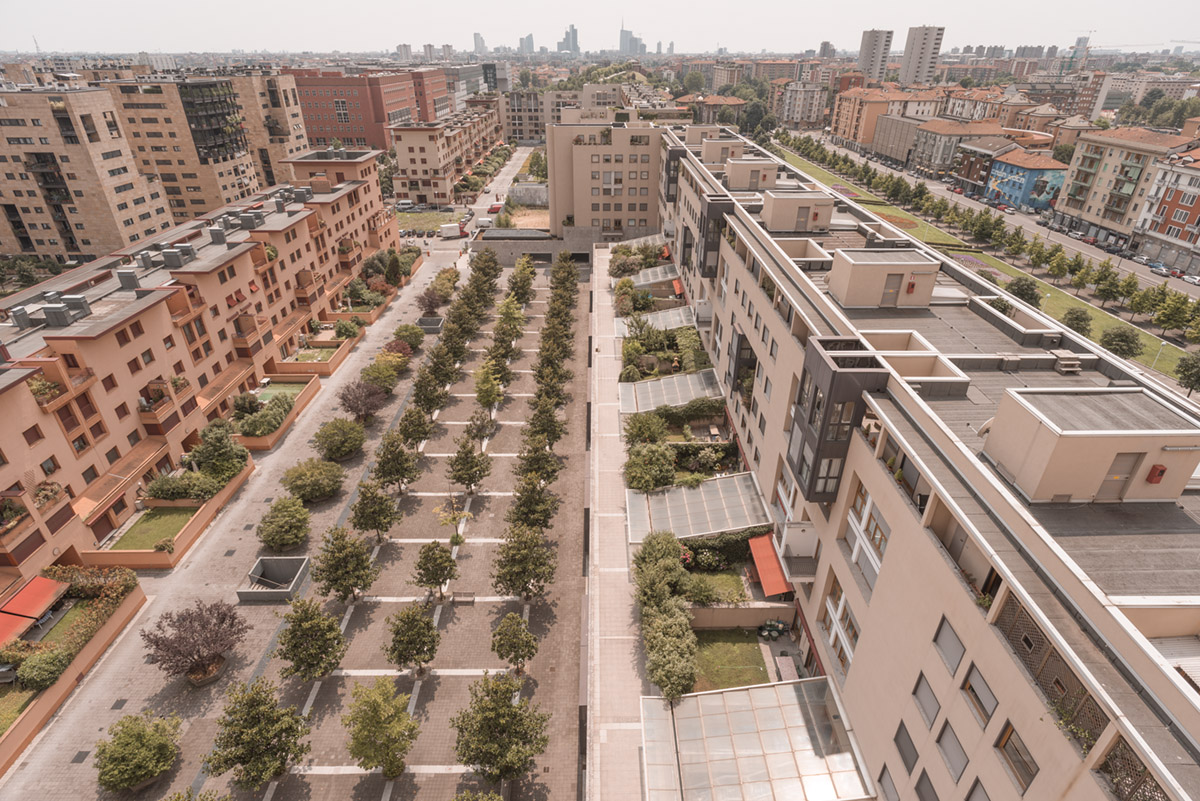
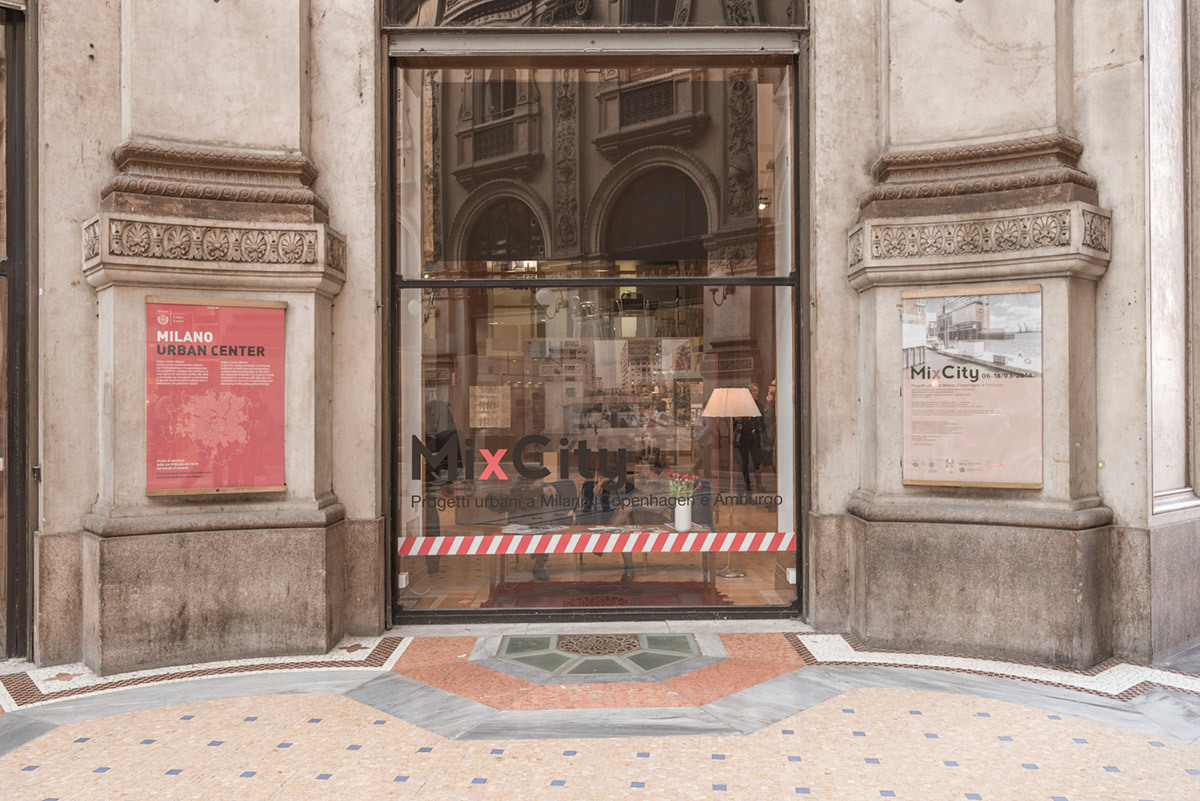
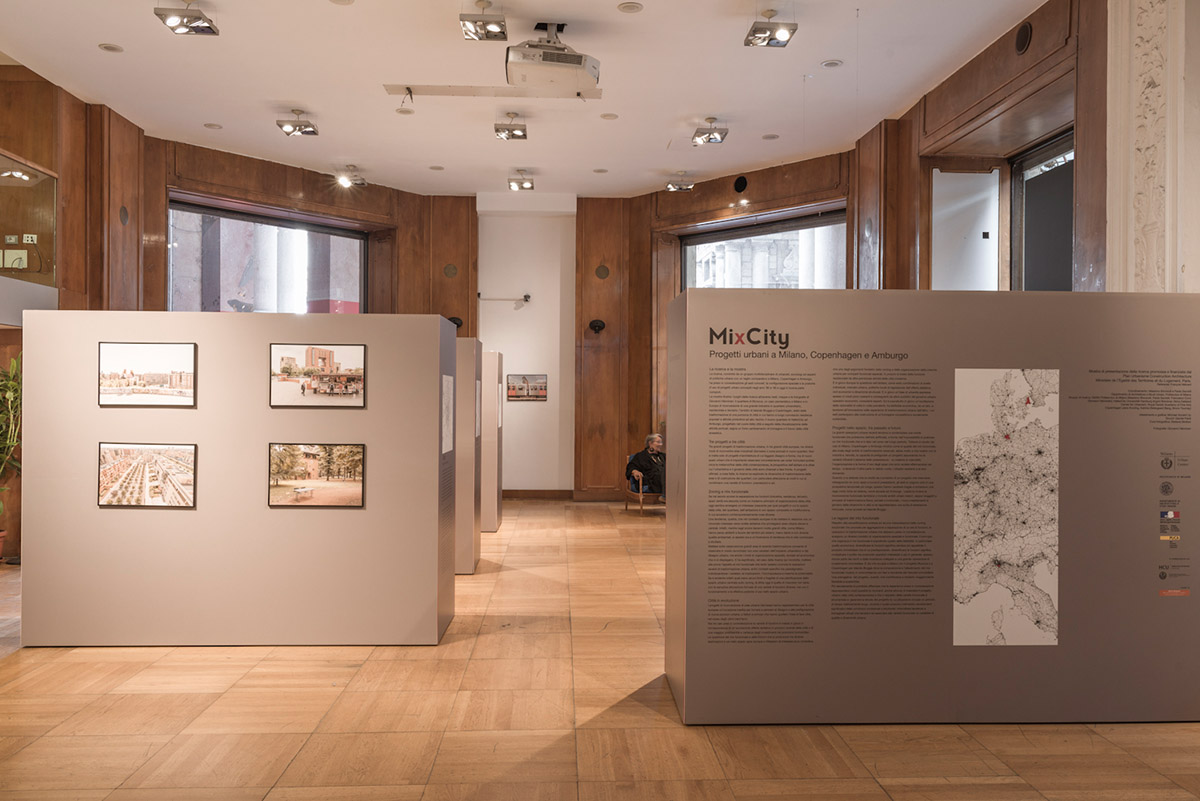
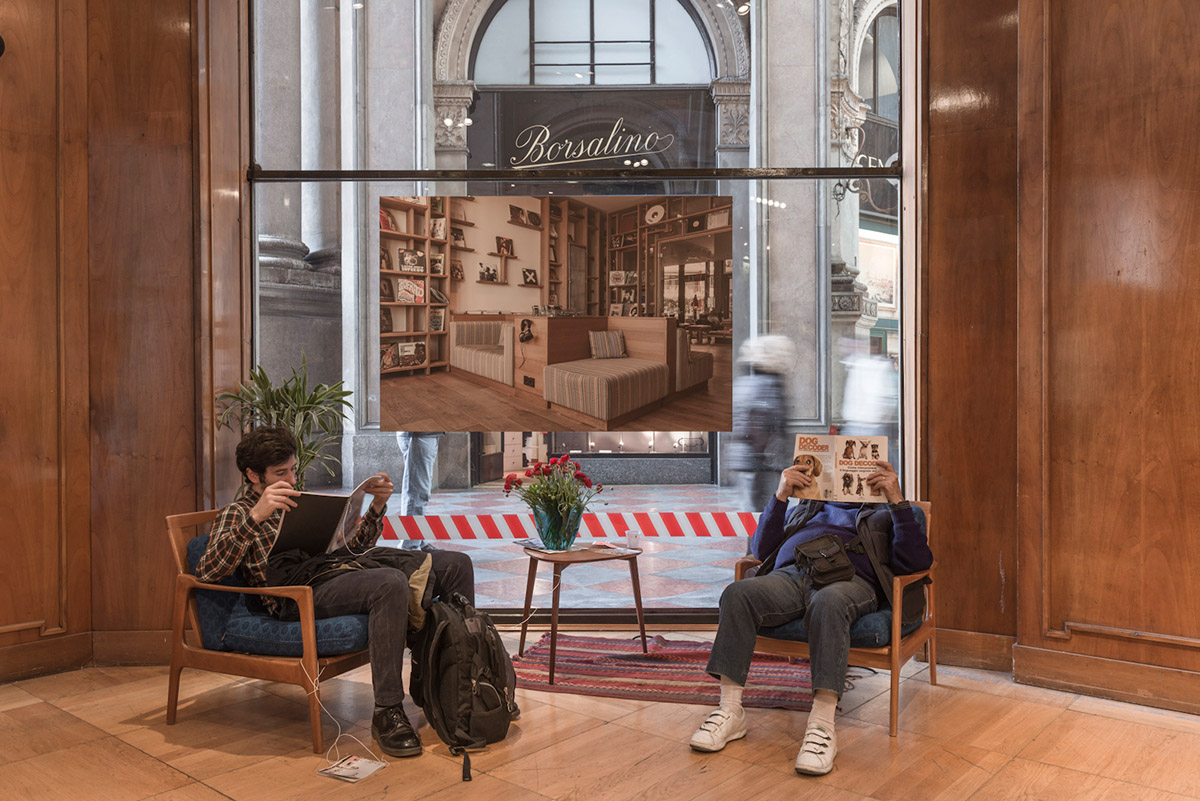
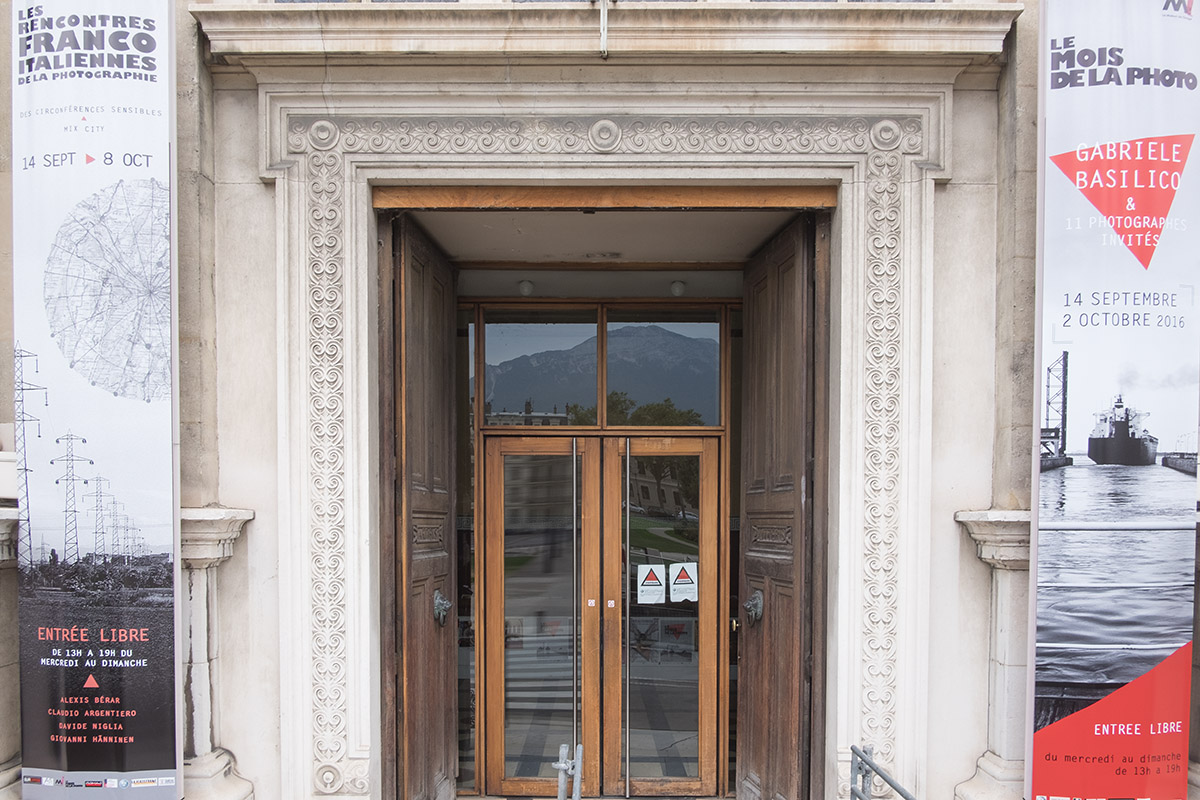
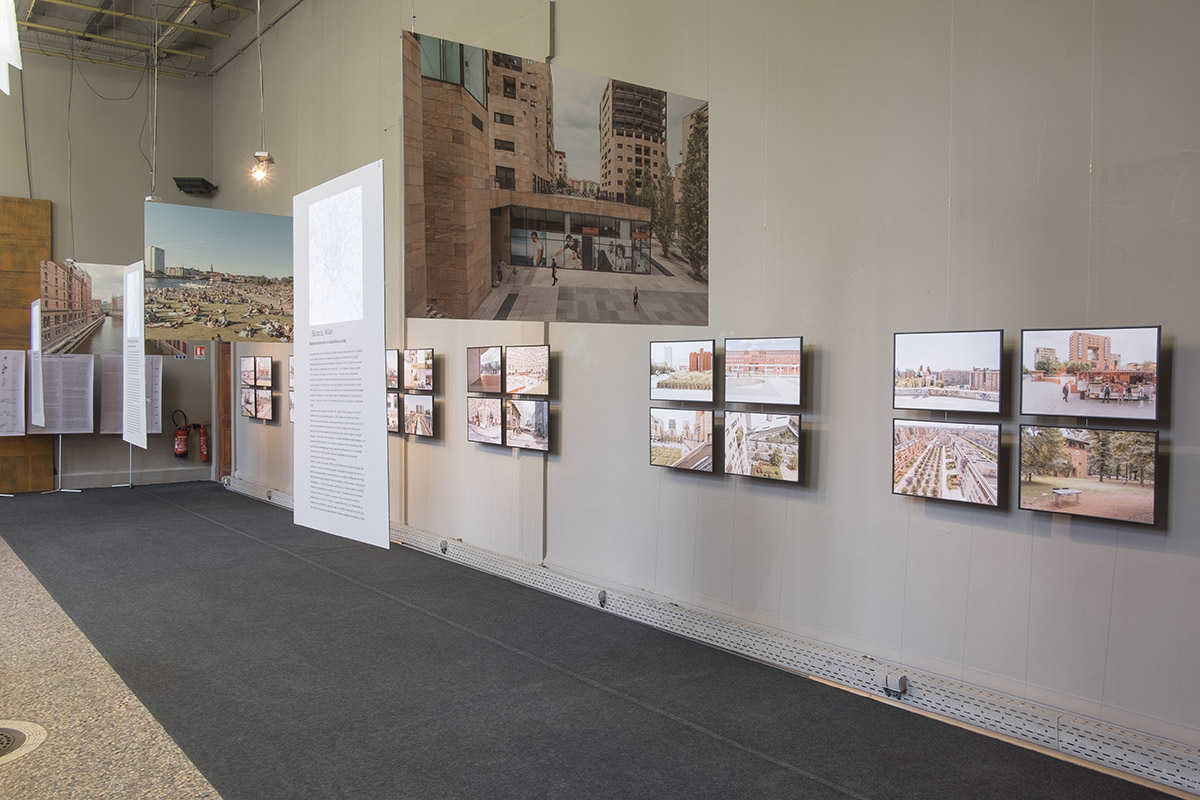
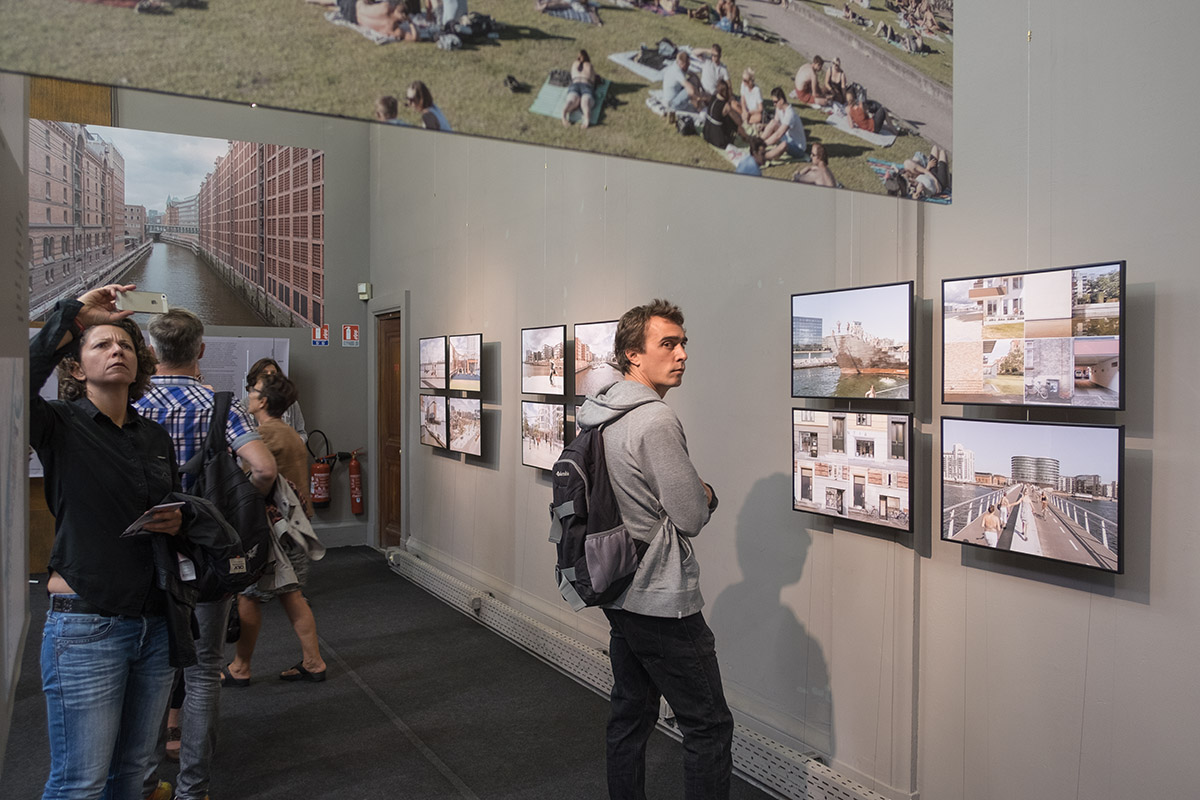
Bicocca in Milan, Island Brygge in Copenhagen, Hafen City in Hamburg: three major urban transformation projects, in three major European cities, three different ways of converting abandoned areas or port areas into new neighborhoods. The exhibition already set up at the Urban Center illustrates the places of research through texts, reports and photographs by Giovanni Hänninen: the Bicocca district, a pioneering case in Milan and in Europe of the conversion of a large industrial area into a university, residential and tertiary district ; the area of Island Brygge in Copenhagen, the result of the transformation of a portion of the city in which popular residences and high-risk production activities have coexisted for a long time; the new HafenCity district in Hamburg, designed in the heart of the city, following the relocation of port activities, with the aim of marking a major change in the Hanseatic city.
Coordination: Massimo Bricocoli and Paola Savoldi, Department of Architecture and Urban Studies, Politecnico di Milano.
Research group: DAStU Politecnico di Milano (Massimo Bricocoli, Paola Savoldi, Francesco Curci, Giovanni Hänninen); HafenCity Universität Hamburg (Ingrid Breckner, Nima Dafateri); Center for Urban Planning, Royal Danish Academy of Fine Arts, Copenhagen (Jens Kvoring, Katrine Østergaard Bang, Bruno Tournai).
Bicocca a Milano, Island Brygge a Copenhagen, Hafen City ad Amburgo: tre importanti progetti di trasformazione urbana in tre grandi città europee, tre modi differenti di convertire aree abbandonate ed aree portuali in nuovi quartieri. La mostra, già allestita presso l’Urban Center illustra i luoghi della ricerca attraverso testi, resoconti e fotografie di Giovanni Hänninen: il distretto Bicocca, un caso pionieristico a Milano e in Europa di conversione di una grande zona industriale in zona residenziale e di università; l’area di Island Brygge a Copenhagen, risultato della trasformazione di una parte della città dove abitazioni popolari e attività di produzione ad alto rischio hanno convissuto per lungo tempo; il nuovo quartiere Hafencity ad Amburgo, progettato nel cuore della città in seguito allo spostamento delle attività portuali, con l’obiettivo di portare un significativo cambiamento nella città anseatica.
Coordinazione: Massimo Broccoli e Paola Savoldi, Dipartimento di Architettura e Studi Urbani, Politecnico di Milano.
Gruppo di ricerca: DAStU Politecnico di Milano (Massimo Bricocoli, Paola Savoldi, Francesco Curci, Giovanni Hänninen); HafenCity Universität Hamburg (Ingrid Breckner, Nima Dafateri); Center for Urban Planning, Royal Danish Academy of Fine Arts, Copenhagen (Jens Kvoring, Katrine Østergaard Bang, Bruno Tournai).
Ancien Musée de Peinture – Grenoble
14th September – 8th October 2016
Institut d’Aménagement et d’Urbanisme – Paris
24th March – 24th April 2015
Urban Center – Milan
6th – 18th March 2014
Series of 30 images
Limited edition
Printed on Hahnemühle cotton paper
Dimensions 56 × 37 cm
Gallery
Related Projects

In San Donato, as elsewhere, the continuity of collective space is an interructed project.
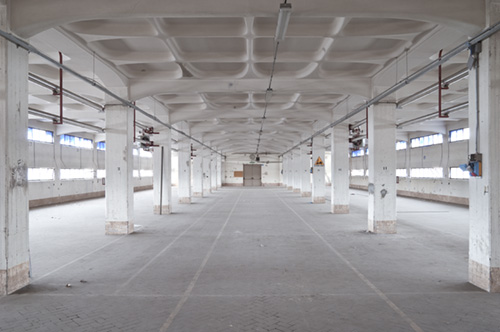
Images from the former tobacco factory of Bologna. A photo documentation by Giovanni Hänninen commissioned by Istituto Beni Culturali – Regione Emilia Romagna.
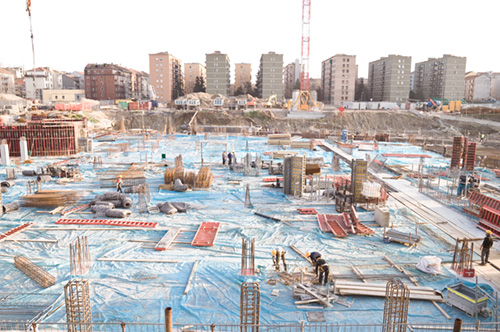
A “suspended” look on Milan. From above people’s heads, but not too high, see a city that seeks to change, once again.
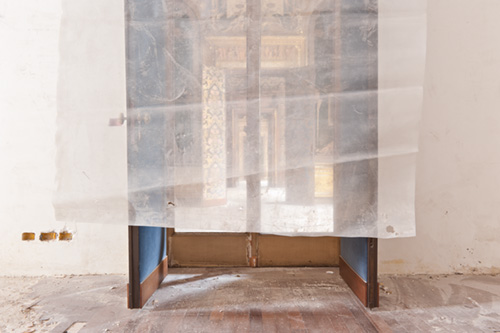
Spaces of metamorphosis that with ease “jump” from the new to the old, from the historical to the added.
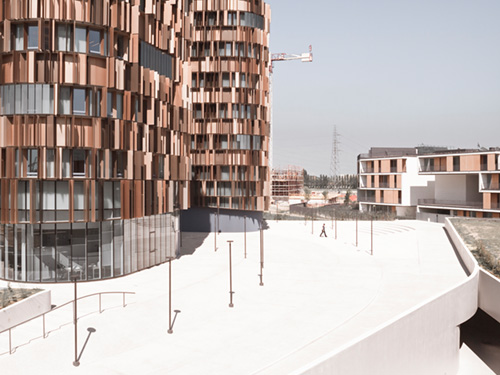
Rendering the City rebuilds the idea of a city through photographs.
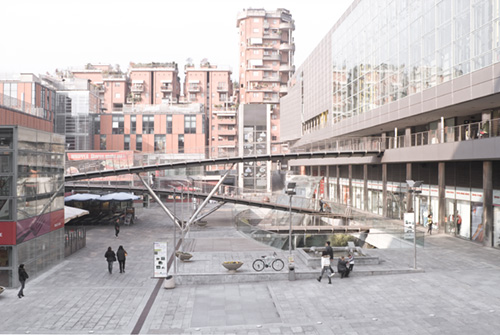
Images form the Spina 3 neighbourhood, built in Turin on the area once occupied by the Fiat ironworks and the plants of Michelin, Savigliano and Paracchi.
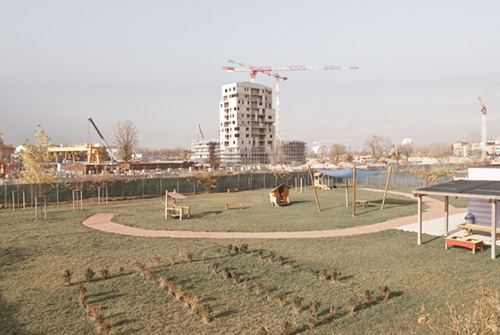
Images from the building site of Trilogia Navile, a project for residential buildings located inside the former fruit and vegetable market of Bologna.
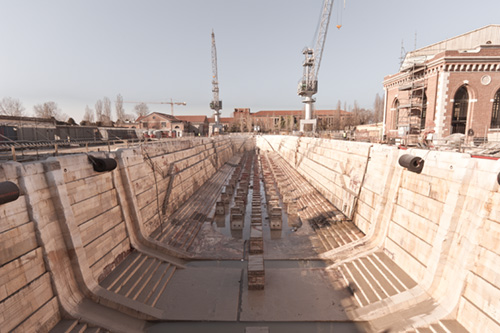
MOSE, acronym for Modulo sperimentale elettromeccanico (applied electromechanical module), is a system of mobile barriers meant to protect the city of Venice and its lagoon from the “acqua alta” phenomenon.
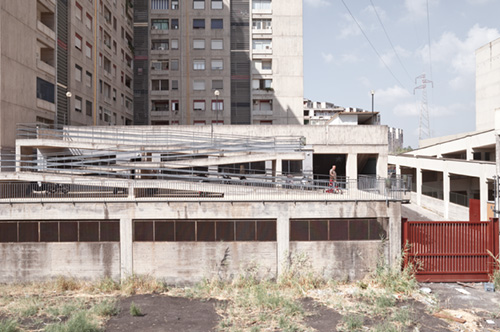
Designed in the 1970s by Kenzo Tange and Urtec, this neighbourhood should have been a new model of city surrounded by greenery.
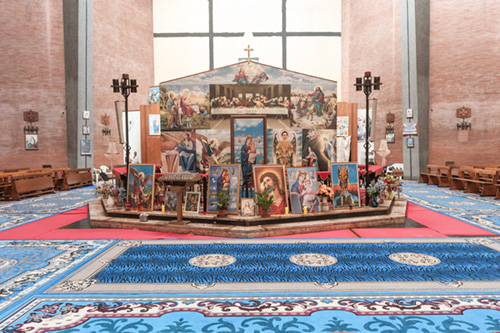
The case of the former Paolo Pini psychiatric hospital in Milan.
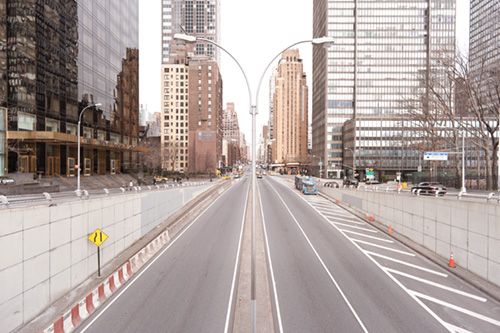
Inspired by The Symphony No. 9 in E Minor “From the New World” by Antonín Dvorák.
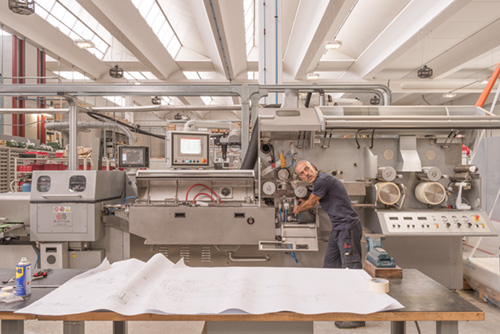
The British American Tobacco is the second largest cigarette company in the world.
Giovanni Hänninen, Via Santa Marta, 18, 20123, Milan, Italy, e-mail: studio@hanninen.it — all images © Giovanni Hänninen 2021